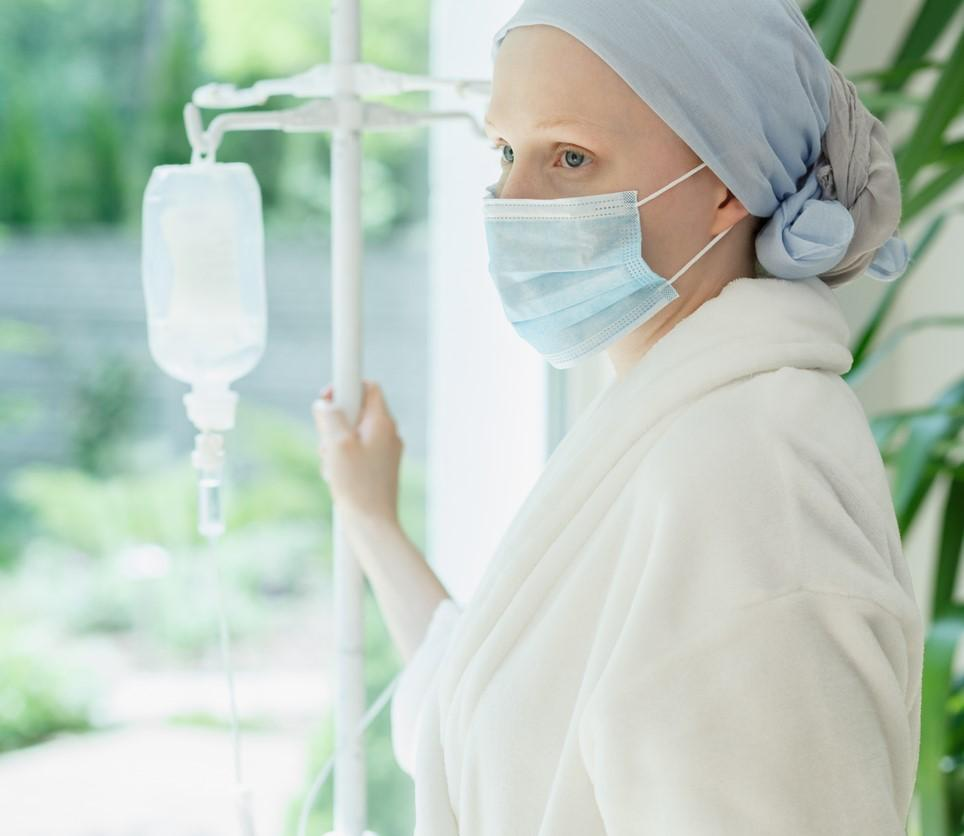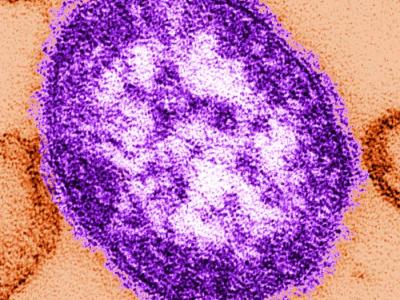
A study from Israel finds that adult solid-cancer patients had a higher risk of death and hospitalization after COVID-19 infection than infected patients without cancer during a period of Omicron variant predominance and that vaccination lowered that risk. A
Researchers from Beilinson Hospital and Tel Aviv University analyzed the electronic health records of 7,432 Clalit Health Services patients diagnosed as having solid cancer and COVID-19 and 14,864 matched, infected control patients without cancer from December 2021 to September 2022. The results were published late last week in JAMA Oncology.
"The SARS-CoV-2 Omicron variant, which is associated with milder disease than prior strains, became the dominant SARS-CoV-2 variant in November 2021," the study authors wrote. "Research conducted before it became dominant demonstrated that patients with cancer had increased fatality rates from COVID-19 compared with patients without cancer; however, corresponding data on the Omicron variant are sparse."
Older age, comorbidities increased risk
The 30-day death rate after COVID-19 diagnosis was twice as high in the cancer group than in controls (1.6% vs 0.8%; odds ratio [OR], 2.12). The 90-day death rate and 30-day hospitalization rates were similarly higher in people with cancer (2.7% vs 1.3%; OR, 2.09 and 2.8% vs 1.2%; OR, 2.44).
Our study showed that during the Omicron-dominant period, patients with solid cancer and COVID-19 had higher mortality and hospitalization risks following COVID-19 infection vs patients without solid cancer with COVID-19, and that COVID-19 vaccination in the patients with cancer mitigated this risk.
Greater 30- and 90-day death risks and 30-day hospitalization risk were tied to older age, higher Charlson Comorbidity Index scores, and unvaccinated status. The risk of death by 30 days was also linked to a lack of previous COVID-19 infection, the 90-day death risk was also associated with male sex and lower body mass index (BMI), and the 30-day hospitalization risk was linked to smoking.
"Our study showed that during the Omicron-dominant period, patients with solid cancer and COVID-19 had higher mortality and hospitalization risks following COVID-19 infection vs patients without solid cancer with COVID-19, and that COVID-19 vaccination in the patients with cancer mitigated this risk," the study authors wrote.
"Study limitations include its retrospective design, the heterogenous cancer population, and the absence of genotyping data that could have confirmed infection with the Omicron variant," they added.
.jpg)










